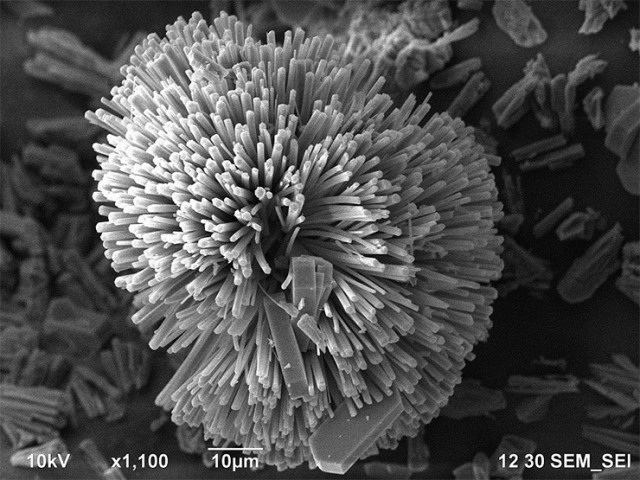Scientists of the Department of Physical and Colloidal Chemistry of the Gubkin Russian State University of Oil and Gas (NIU) have created a new approach to the synthesis of nanomaterials.
They used the cheap natural mineral galloisite, whose nanotubes consist of silicon and aluminum oxides. Its deposits are being developed in Russia, China, the USA, Australia and New Zealand.
The researchers studied how, under hydrothermal conditions (the formation and transformation of minerals in the earth's crust under the influence of high pressure and aqueous solutions), the recrystallization of galloisite nanotubes occurs - the purification of the material from impurities. The scientists processed the nanotubes and added sources of silicon and aluminum to them, which made it possible to synthesize nanocrystals of zeolites that differ in structural and morphological characteristics.
Galloisite was used here as a source of silicon and aluminum, and also as an agent of structure formation determined where the crystals would grow. The materials obtained during the study can be used in industrial wastewater treatment and as catalysts in oil refining.
The results of the study are published in the journal Microporous and Mesoporous Materials.

